It takes a lot of convincing to get someone to leave a university where they’re ingrained in history.
For many years, Trev Alberts was Nebraska football. He was a star linebacker for the Cornhuskers in their prime in the early 1990s, earning the Butkus Award and unanimous All-American honors in 1993. Under legendary coach Tom Osborne, Alberts went from walking beans and detasseling corn on an Iowa farm to being the No. 5 pick of the 1994 NFL Draft.
That year, Alberts’ No. 34 was immortalized in Cornhusker lore with a speedy jersey retirement. Things came full circle in 2021 when Alberts, a member of the College Football Hall of Fame, returned to Nebraska as the university’s athletic director and prodigal son.
Yet Alberts’ return to Lincoln, Nebraska didn’t last long, as Texas A&M came calling. The university leadership sought him out as the successor to athletic director Ross Bjork, and an introduction ceremony on Monday, March 18 at Kyle Field’s Ford Hall of Champions kicked off his tenure as an Aggie.
“I just can’t begin to tell you how honored that our family is to be standing here,” Alberts said. “This is an elite institution that has unlimited potential. And the more I dug into everything about Texas A&M, the more I can see why all of you love this place like none other.”
For a man with as deep roots in Big Red Country as anyone, what brought Alberts to Aggieland? The athletic department believes it found someone special in a man like him, and special places attract special people.
“There’s no reason at a place like Texas A&M that you can’t win at everything,” Alberts said. “I just kept coming back to there isn’t any scenario that I can think of or imagine where this place doesn’t have the opportunity, with alignment in leadership, hard work and focus, and a little discipline and accountability, that they can’t be a leader. Not every institution can say that.”
That said, he hasn’t forgotten about his imprint on Nebraska or, more importantly, it’s imprint on him.
“I’ll always be a Cornhusker, and I appreciate so much what the University of Nebraska has done for me,” Alberts said. “That was a difficult part of this whole transition. I wasn’t looking to leave … that’s a place that changed my life. Other than my faith and my family, most everything I have today, I owe to the University of Nebraska.”
When it came to convincing Alberts to head to College Station, the university itself did most of the talking. We’re not necessarily talking wins or losses, but rather the direction of Texas A&M and its long-term future.
“I don’t think people understand how important momentum on campus, enrollment growth, research expenditure, those types of things — while it may not seem like it impacts athletics, it does,” Alberts said. “Because part of that momentum and success cascades down into departments like ours … You look at the enrollment. You look at the research dollars. Look at where this institution is today. I don’t know of many institutions that are on the trajectory that Texas A&M is right now.”
Additionally, the draw of A&M started at the top with President Mark A. Welsh III, also in his first year leading the university. Leaders recognize leaders, and the duo of Welsh and Alberts looks to lead the school on the trajectory that the latter spoke of.
“When you’re sitting down there in the trenches, who is beside you?” Alberts said. “Wait a minute, general? A four-star general? And I started just reading a little bit more and watching more videos. And then as I had some interactions with General Welsh, I’m like, ‘Well, this is the real deal’ … When you go through tough times, you want to work with people that you can follow and you can trust and you can believe in.”
Dating back to his days patrolling the Cornhuskers’ defense, Alberts has the experience and insight of a student-athlete. He also brings to the position a business sense that is uncommon amongst athletic directors. Alberts earned his start in athletic administration at the University of Nebraska-Omaha, where he was tutored in the business world by leaders in the industry.
Over 10 years as a sports broadcaster didn’t exactly prepare Alberts for the responsibilities of an athletic director, which, as he learned, weren’t all “[going] to games and occasionally [having] to hire coaches when they retired.” So, having little business knowledge, he surrounded himself with those that did.
“The coolest thing about Omaha, Nebraska, is the business leadership and philanthropy there take the meetings, no matter who you are,” Alberts said. “These are all names you would know, and I went and asked for help … [We] established a working group committee and we went to work. And for 16 months, they taught me business.”
That expertise is more important now than ever in the world of name, image and likeness legislation and the labor status of student-athletes. The direction of college athletics is uncertain, and having a strong sailor to steer the ship is imperative.
“I don’t think any of us know where it’s going, but the only inexcusable thing for us right now is to do nothing to adjust to wherever it goes,” Welsh said. “Something’s got to change, and we need to be at the front end of that change, not chasing it. And that’s one of the things I really liked about Trev and his conversation. He’s willing to make those hard decisions and take the risks that may be involved in keeping us moving forward.”
Alberts has a strong vision for the future that coincides with Welsh’s aspiration of building the No. 1 athletic department in the country. It’s easier said than done, although Welsh kept the plan to do so simple:
“Beat the hell out of everybody.”




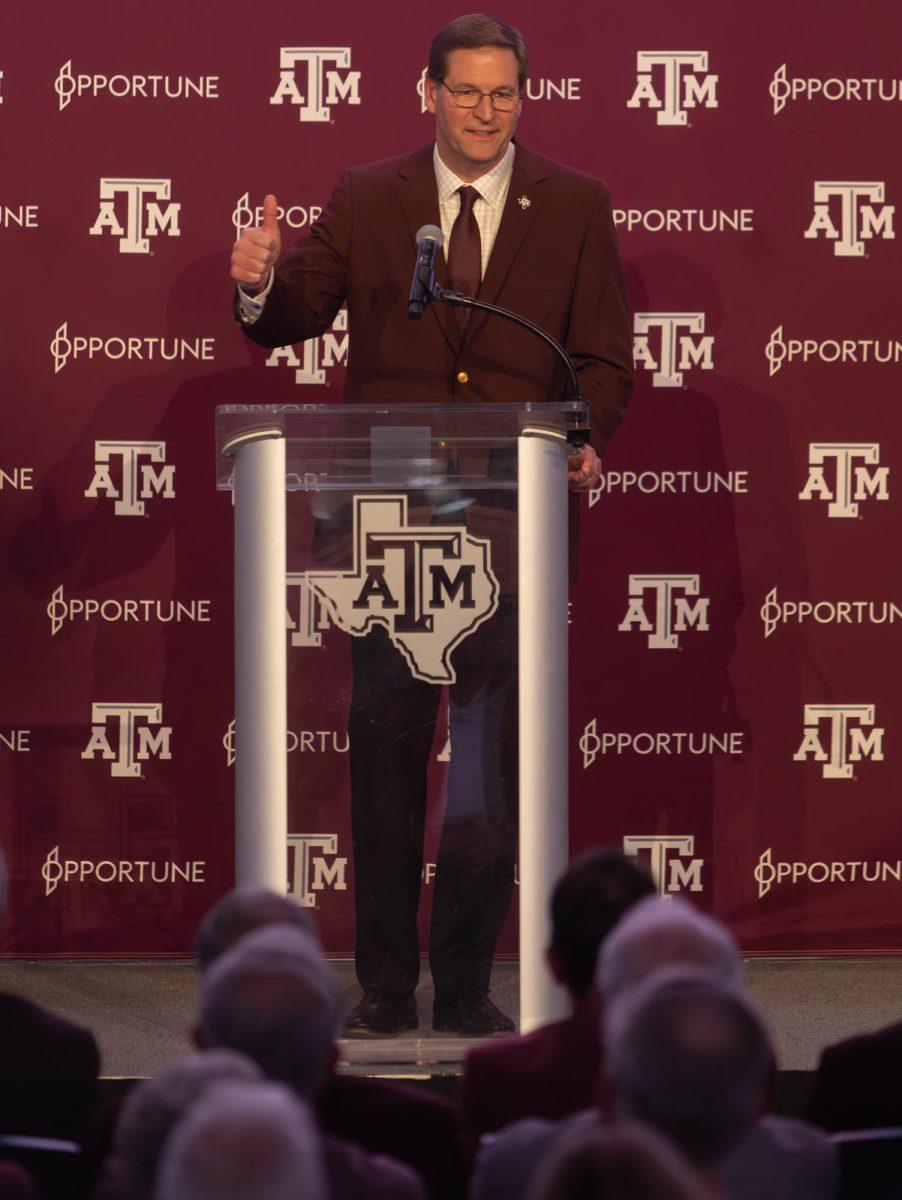






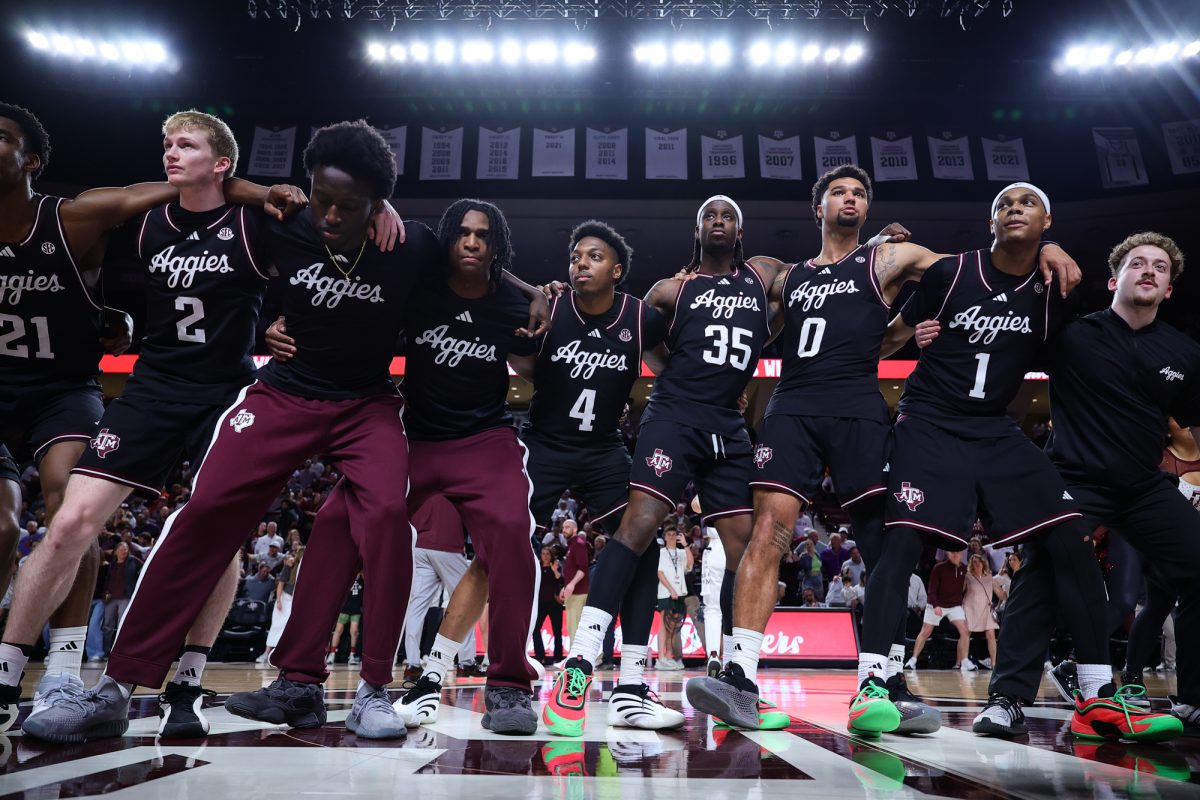

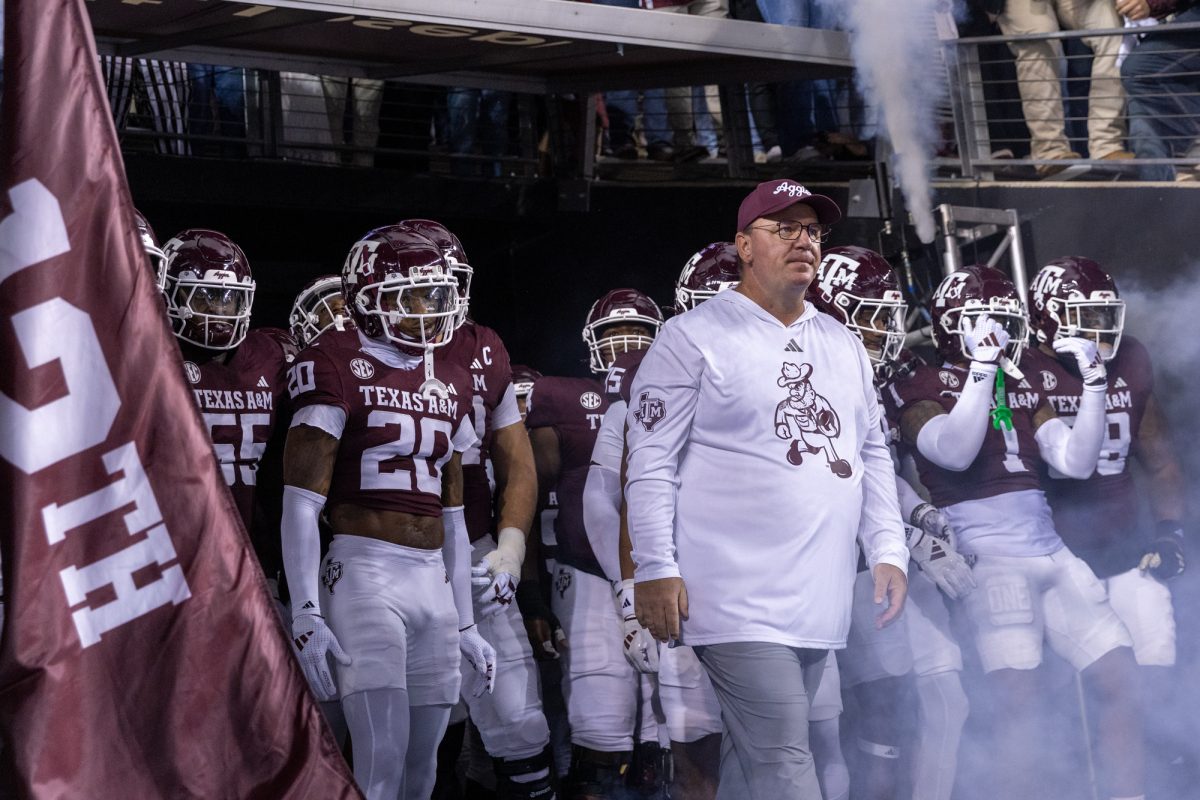
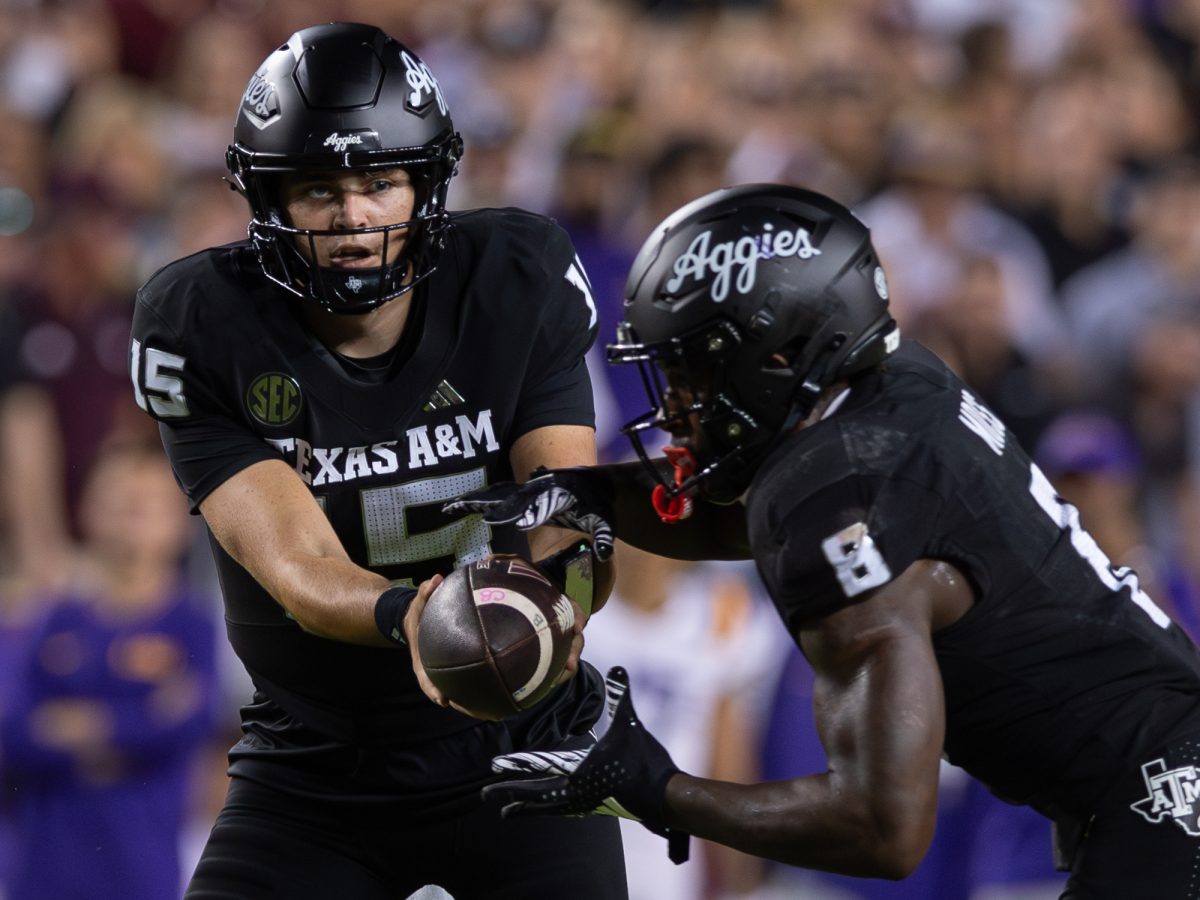
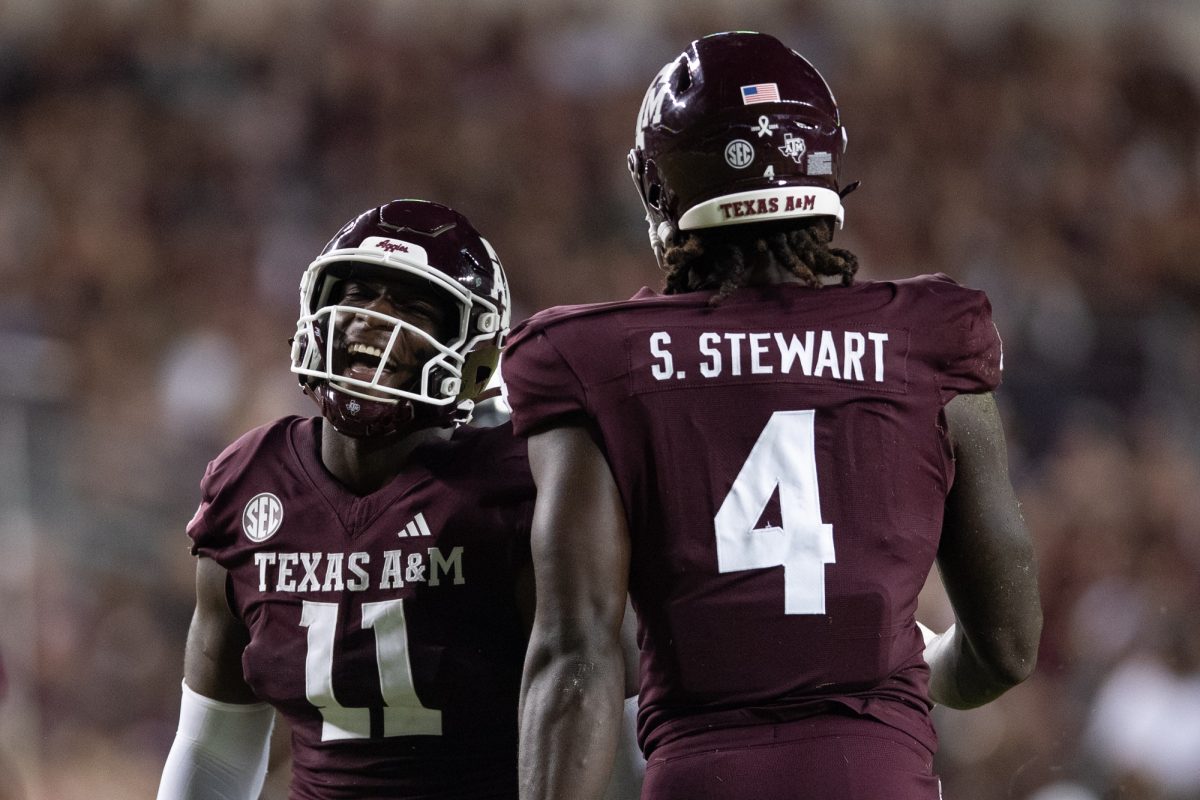

Kevin Clapp • Mar 21, 2024 at 12:24 pm
Nebraska doesn’t need people like you!
I’m glad your gone!
You are a good fit forTexas!
Robert Young Brown III • Mar 27, 2024 at 11:51 am
Wow, Kevin, a little sour feelings. You have no idea what you are talking about concerning Texas A&M. There are virtually no universities with the respect and integrity of Aggieland, starting with our motto that Aggies live and die for:
“The Aggie Code of Honor which Aggies recite by heart: Aggies do not lie, cheat or steal nor tolerate those that do” shows what goes to the heart of being an Aggie.”